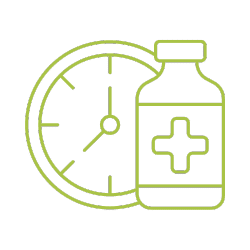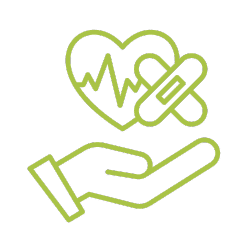Lifestyle Adaptations
Home »
Identifying and understanding triggers can be crucial for managing and preventing migraine attacks. Lifestyle adaptations, such as changes in diet, exercise, and stress management, can help mitigate these triggers. Learning to recognize and adjust to these factors is a key step in improving overall well-being for those living with headaches and migraines.
Understanding Triggers and Lifestyle Adaptations
Sometimes, lifestyle adaptations will involve eliminating something entirely (like a particular type of food), but more often it is about moderation, pacing, and habit-forming. Here is some introductory information about triggers and lifestyle adaptations in general to help you get started.
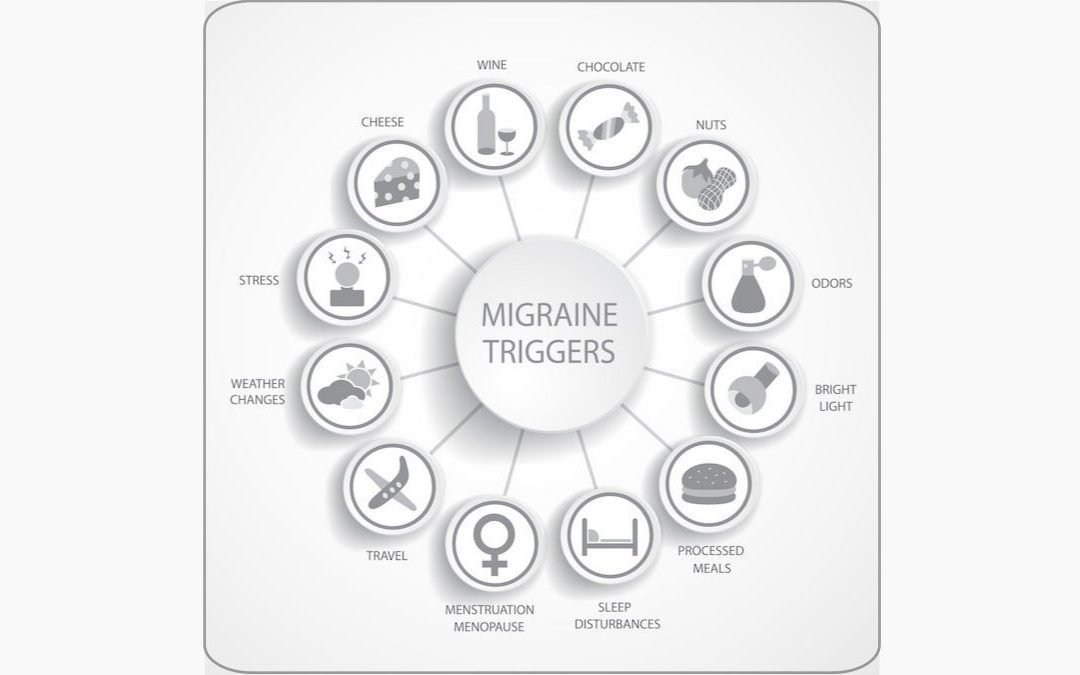
Migraine Triggers: Avoid or Cope?
Migraine attacks can be triggered by various factors. While it’s impossible to avoid all triggers, identifying your specific ones through a migraine diary can be helpful. Understanding the...

Weather and Migraine: Is It Really a Trigger and Why?
In this post, we explore the intricate relationship between weather and migraine. It's widely acknowledged that weather can influence migraine attacks, with 50% of people with migraine citing it as...
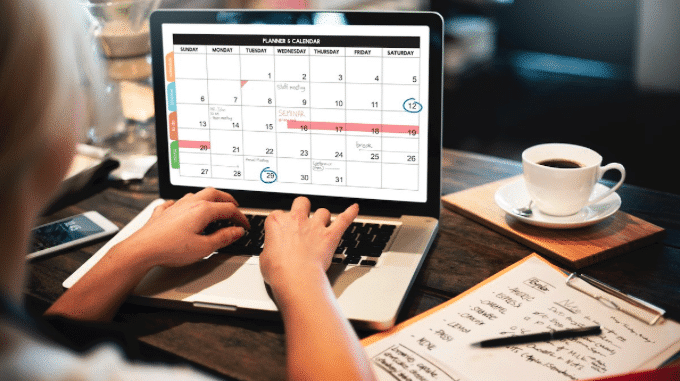
Pacing with Migraine: Why It’s Helpful and How to Do It?
Discover the benefits of pacing for managing migraine. Learn how this strategy helps individuals regulate tasks and activities to avoid triggering migraine attacks. In this post, we explore...
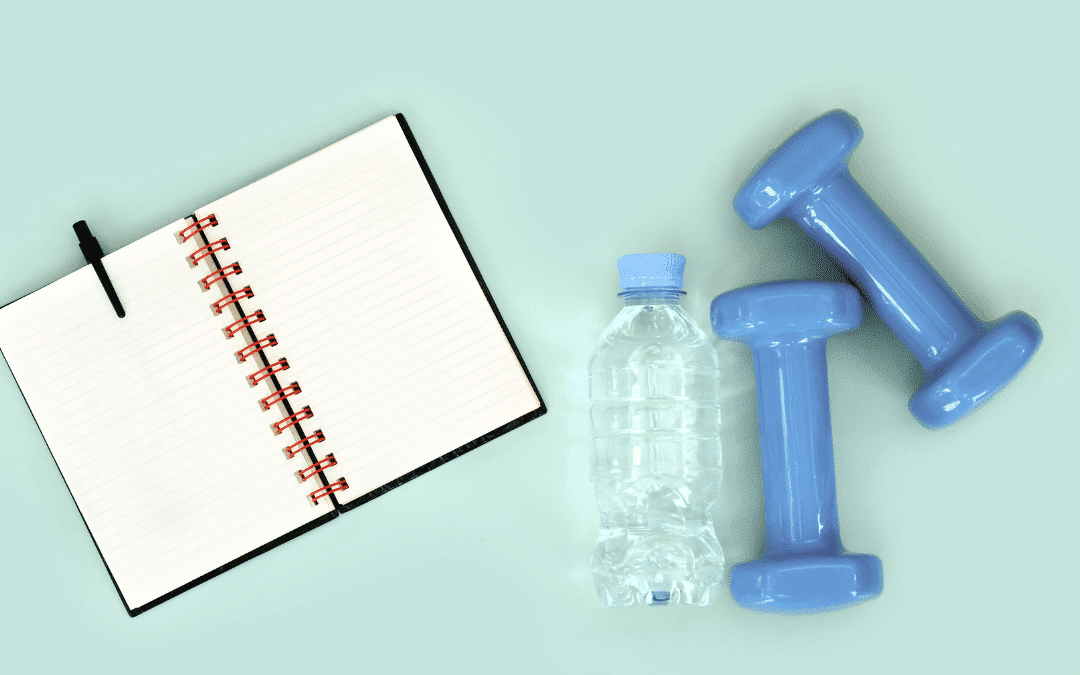
How to stay active and avoid triggering migraine attacks
Research shows that regular movement and exercise benefits everyone and can improve migraine symptoms. However, many people with migraine find it challenging to stay active. This resource offers...

Can Travelling to a Higher Altitude Trigger Migraine Attacks?
Traveling to higher altitudes can trigger migraine attacks for some individuals. This phenomenon has been observed in studies involving people who climbed to high altitudes, such as a mountain in...
Sleep
The relationship between sleep and headache is often unclear, but we do know that sleep disturbance and headache often occur together. Disturbed sleep may contribute to triggering an attack, or the headache itself may disrupt sleep. Improving sleep should beis therefore a priority for many people with migraine and other headache disorders.

Sleep and migraine: Improve your sleep without medication
Sleep and migraine often feed off each other—poor sleep can trigger a migraine, and a migraine attack can disrupt your rest. Enhancing your sleep quality is a crucial step toward managing your...

Tips for improving sleep living with migraine
For many people with migraine, quality sleep can be elusive yet crucial. Improving sleep starts with making routine changes and maintaining them for a few weeks. Strategies such as establishing...

Interesting Facts on Sleep and Migraine: A Guide to Better Management
Sleep plays a critical role in managing migraine, influencing brain function, neurotransmitter balance, and the body's natural detoxification processes. Discover how deep sleep impacts migraine...

Caffeine and Migraine
Coffee is a staple in many people’s lives, and caffeine, a central nervous system stimulant, plays a significant role in our daily routines. However, caffeine has both benefits and drawbacks for...

Sleep Apnea and Migraine
Sleep apnea and migraine are two prevalent but often interconnected conditions that can significantly impact an individual's quality of life. Sleep apnea, characterized by disruptions in breathing...
Exercise
Studies show that regular physical activity can help reduce the frequency and severity of migraine attacks. However, adopting a consistent exercise routine can be a challenge, especially if you are doing it for the first time! Our resources can help you understand the evidence around physical activity and migraine, and create an exercise plan that works for you.

Occupational Therapy & Migraine
Explore how occupational therapy (OT) can support people living with migraine. This video covers the role of OT in identifying triggers, managing energy, adapting routines and environments, and building personalized strategies for prevention and recovery. Learn practical techniques and how OT fits into a comprehensive migraine care plan.

Exercise and Migraine
Explore the impact of exercise on migraine. From boosting pain tolerance through endorphin release to regulating sleep patterns and enhancing overall well-being, exercise offers promising benefits...

How to Exercise if You Live with Migraine
Managing migraine can be challenging, especially when physical activity sometimes triggers headaches. However, the right exercise regimen can significantly improve your overall health and even...

Can Physiotherapy Improve Migraine?
Physiotherapy has been studied for its potential to improve migraine, despite the challenges in conducting such studies due to the variety of approaches and the reliance on patient cooperation...

Physiotherapy Exercises for Migraine
Physiotherapy exercises offer promising relief for various types of headaches, including cervicogenic headaches, tension headaches, and migraine, which can be linked to joint or muscle dysfunctions....
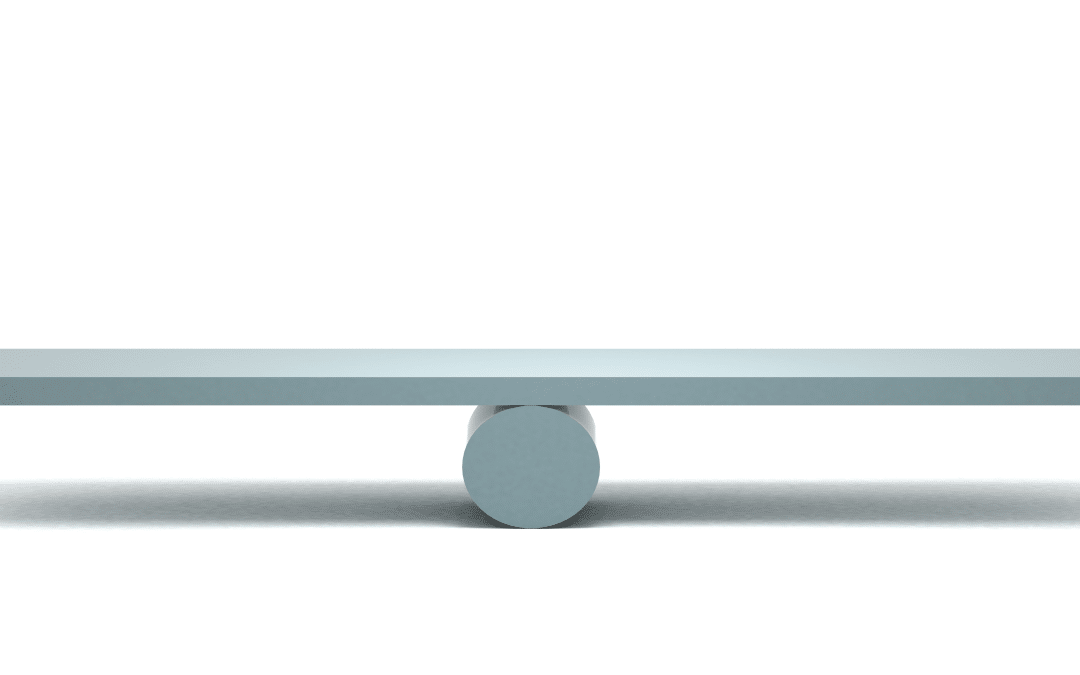
Vestibular Physiotherapy: What Is It and What Should I Expect?
Relief from vestibular migraine through physiotherapy is a journey that begins with understanding its specialized approach. Vestibular physiotherapy, an exercise-based therapy, targets persistent...
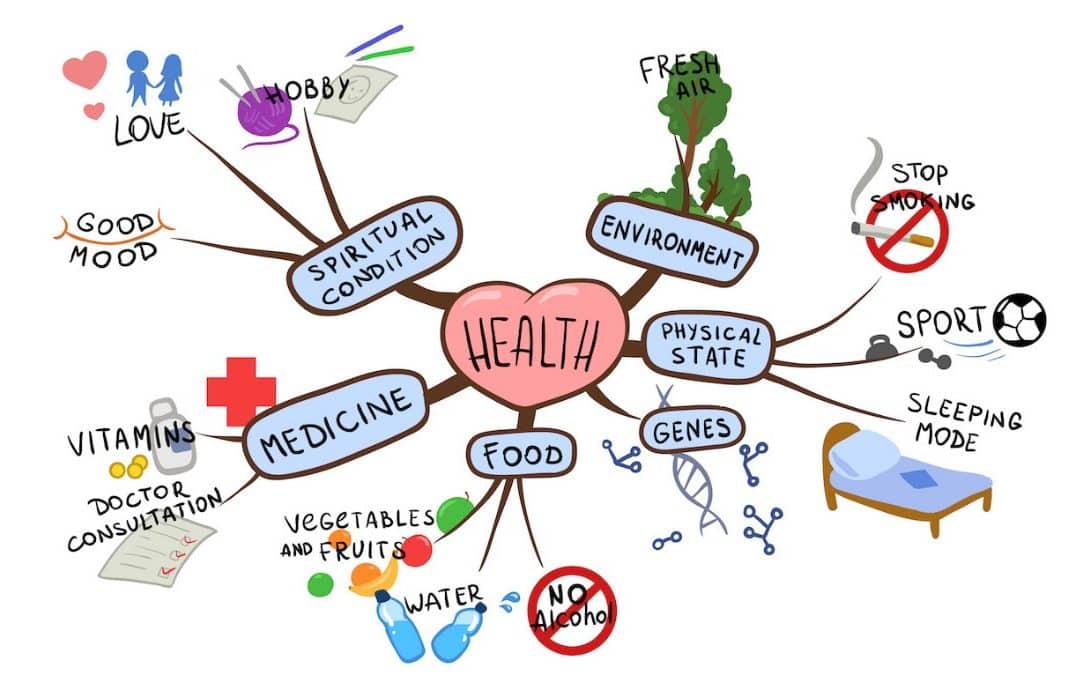
Why Is It So Difficult to Stick to Migraine Self-Care Routines?
Understanding and adhering to self-care routines for managing migraine can be challenging despite their proven effectiveness. While many prioritize avoiding medications, behavioural strategies offer...
Eating and Drinking
Did you know that the food you eat can trigger migraines? Read about the science behind diet and migraine, and find out how food choices can help you to manage your migraines effectively.

Ramadan & Migraine
In 2026, Ramadan is expected to start in the third week of February (dates vary based on the lunar calendar). Fasting during Ramadan is one of the five pillars of Islam. Muslims fast from pre-dawn...

How Food and Nutrition Can Impact Migraine
Curious about how food can impact your migraine? Food is often the first line of defense against migraine, but it’s important to remember there's no one-size-fits-all approach to diet. This...
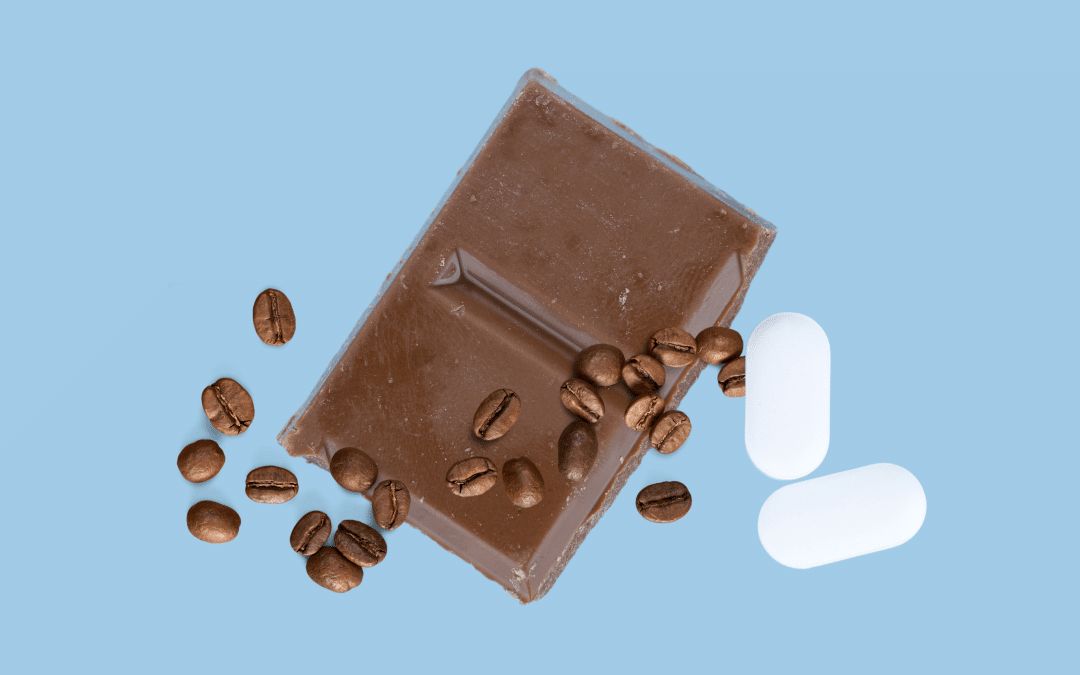
Migraine Triggers: Identifying and Managing Dietary Influences
Understanding migraine triggers is essential for managing this debilitating condition. While triggers vary widely among individuals, dietary factors are frequently cited as significant contributors...
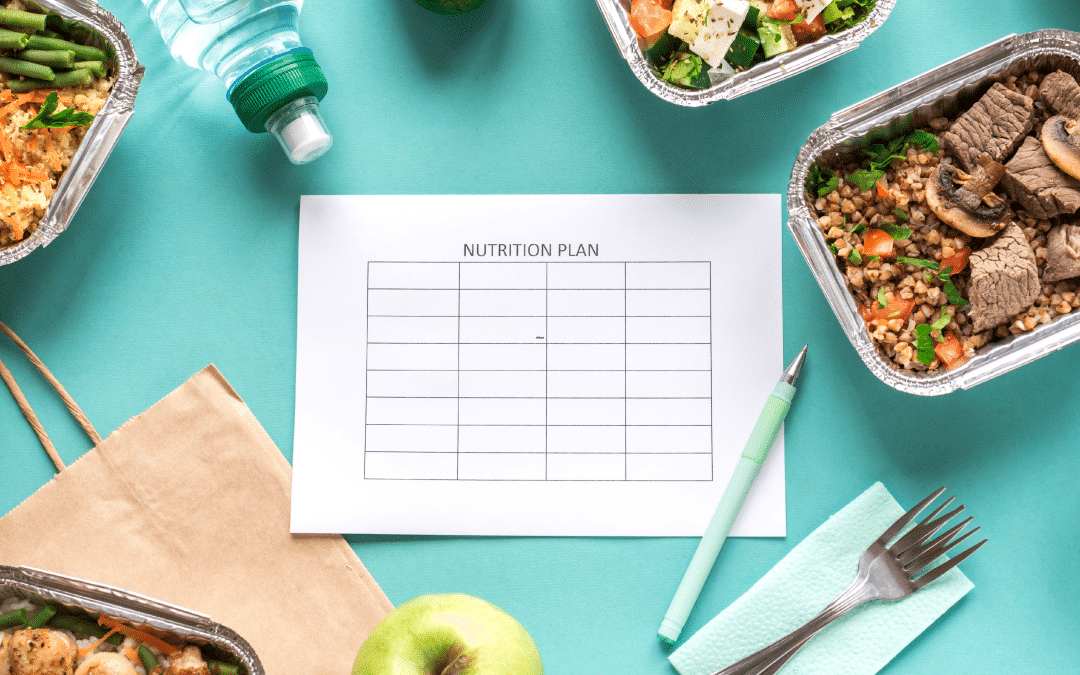
Checklist: Healthy Nutrition for Migraine
Discover effective dietary changes to manage migraine with this checklist. From optimizing hydration and stabilizing blood sugar to adopting a Mediterranean-inspired diet, these adjustments can...

The Ketogenic Diet for Migraine
Explore the ketogenic diet's intriguing potential as a promising tool for managing migraine. Originally developed in the 1920s to treat epilepsy, this high-fat, moderate-protein, low-carbohydrate...
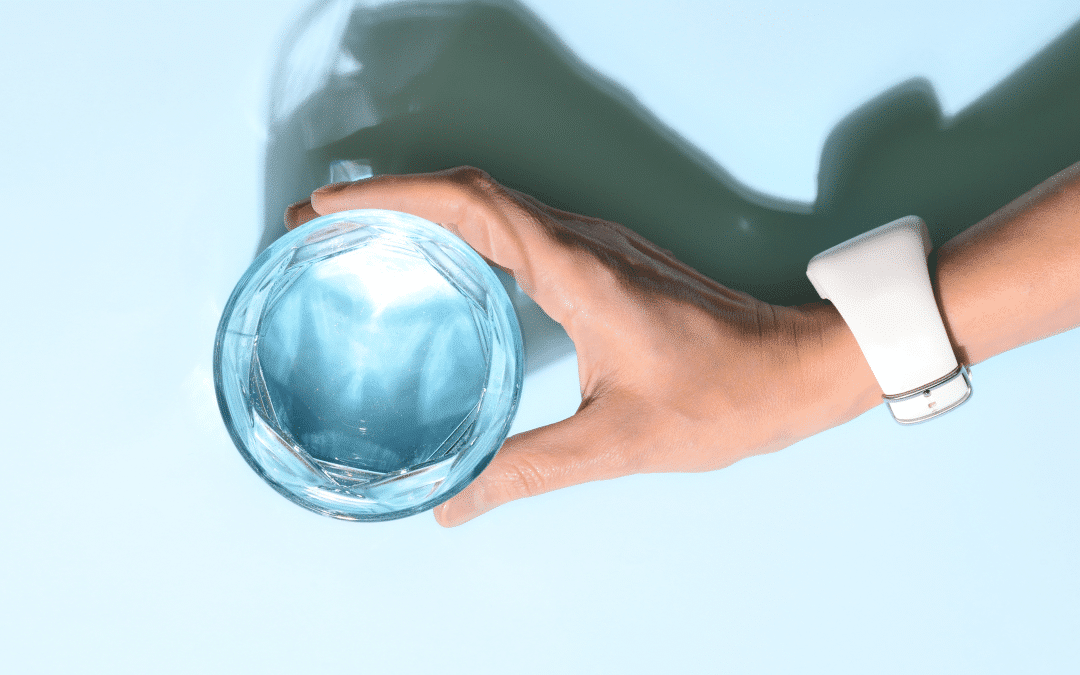
Hydration and Migraine
Dehydration is a common migraine trigger, occurring when the body loses more fluids than it takes in. This imbalance affects the body's water and ion levels, potentially leading to migraine attacks....

Caffeine and Migraine
Coffee is a staple in many people’s lives, and caffeine, a central nervous system stimulant, plays a significant role in our daily routines. However, caffeine has both benefits and drawbacks for...
Diary
Keeping a headache diary is a valuable tool for tracking migraine patterns, identifying triggers, and communicating with your healthcare team. It is also often required by insurance companies and provincial government insurers, making this a critical practice for almost everyone who is seeking migraine care. Check out our how-to guide on keeping a migraine diary, and download our app to start tracking right away.
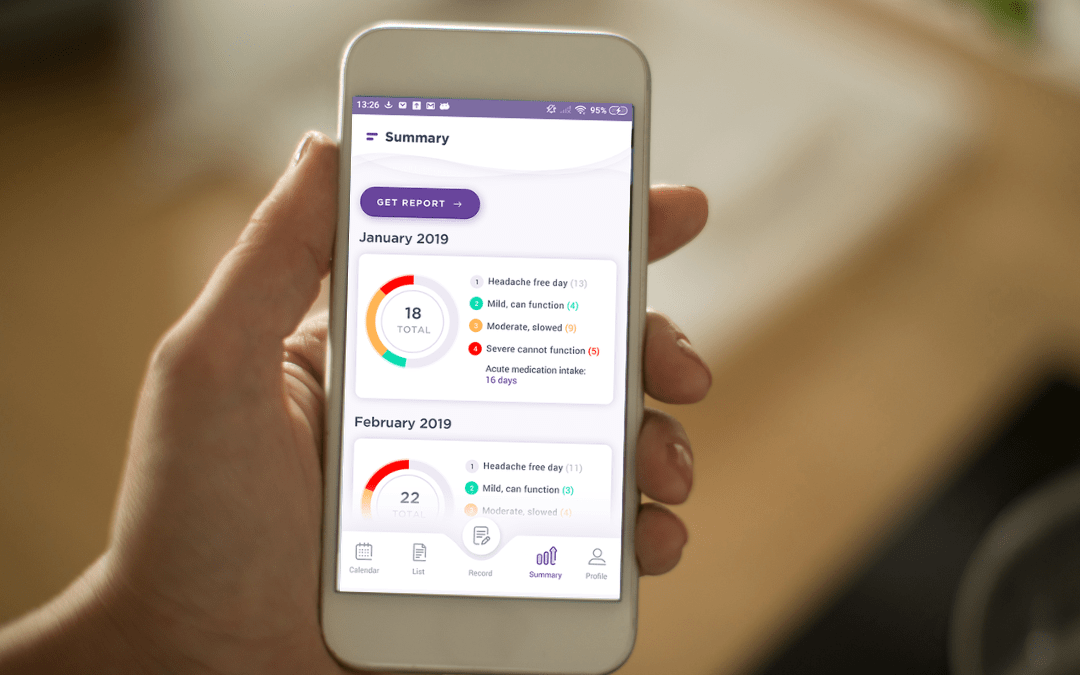
Canadian Migraine Tracker App
The Canadian Migraine Tracker App was designed hand-in-hand with Canadian neurologists, primary care providers, patients and advocates. It is easy to use and expertly designed, giving your provider the right information in the right way so you can get the help you need.
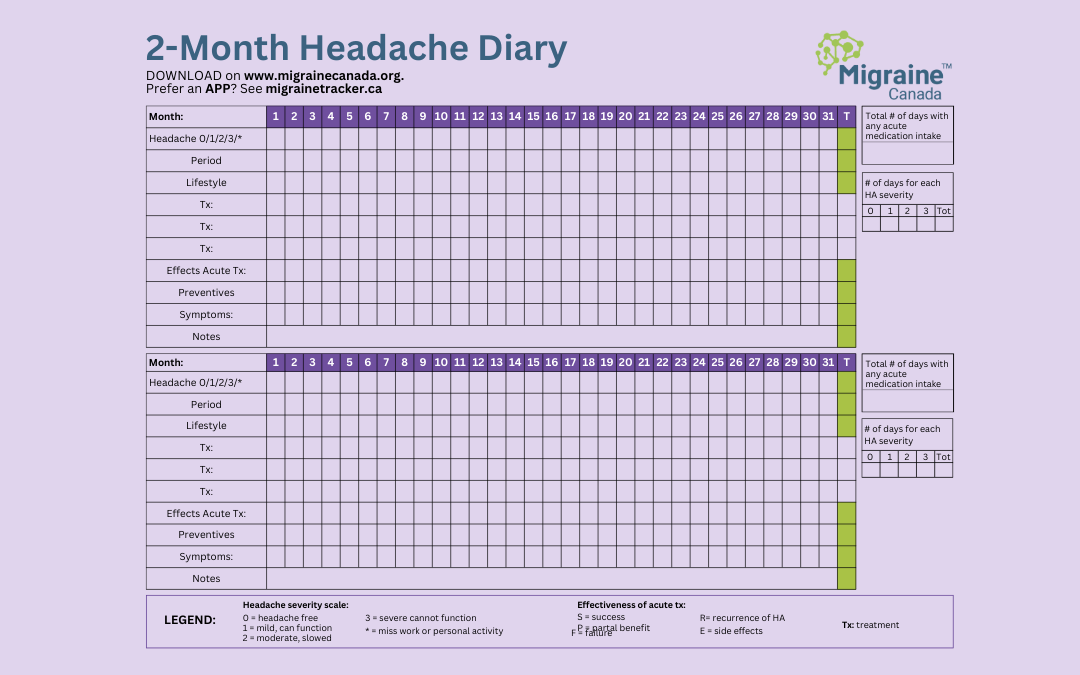
Printable Migraine Diary Templates
A migraine diary is an essential tool for anyone managing migraine. Migraine Canada’s printable diary templates are designed to help track important details like timing, duration, intensity, and...

Detailed guide on how to use a headache diary
Tracking your migraine attacks through a diary is crucial for effective management. This guide will help you understand how to use a migraine diary to track attack frequency, symptoms, medication...

How to Use a Headache Diary (PDF Download)
There’s no test to monitor migraine, but a headache diary makes them visible. Migraine Canada offers both an app and printable templates for tracking. This resource guides you on what to...

The Canadian Migraine Tracker: A New Option for Headache Monitoring
Looking to take control of your migraine management? Learn how the Canadian Migraine Tracker, a migraine diary app, can support your journey with migraine in this post.Using a Migraine Diary A...
Stress
Stress is a well-known migraine trigger. Learning to manage stress through techniques like mindfulness, meditation, and relaxation exercises using our resources below!

Why Is It So Difficult to Stick to Migraine Self-Care Routines?
Understanding and adhering to self-care routines for managing migraine can be challenging despite their proven effectiveness. While many prioritize avoiding medications, behavioural strategies offer...

Relaxation Practice: Why and How Should People with Migraine Use It?
Wondering why relaxation is crucial for managing migraine? Research reveals a strong link between stress and migraine, suggesting relaxation techniques can effectively mitigate both stress and...

Cognitive Behavioural Therapy: Is It a Good Option for People with Migraine?
Discover how Cognitive Behavioural Therapy (CBT) can offer relief for people with migraine. CBT is a well-researched psychological treatment renowned for its effectiveness in addressing various...

